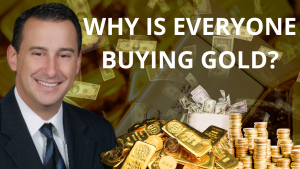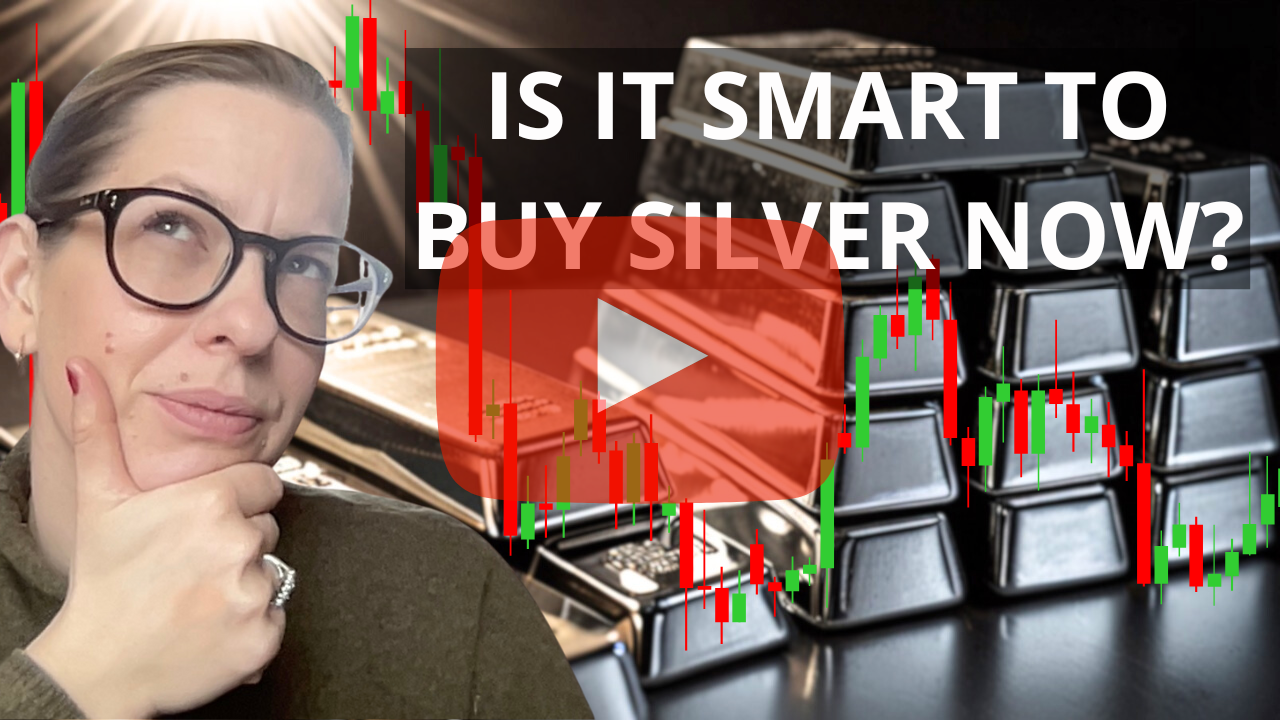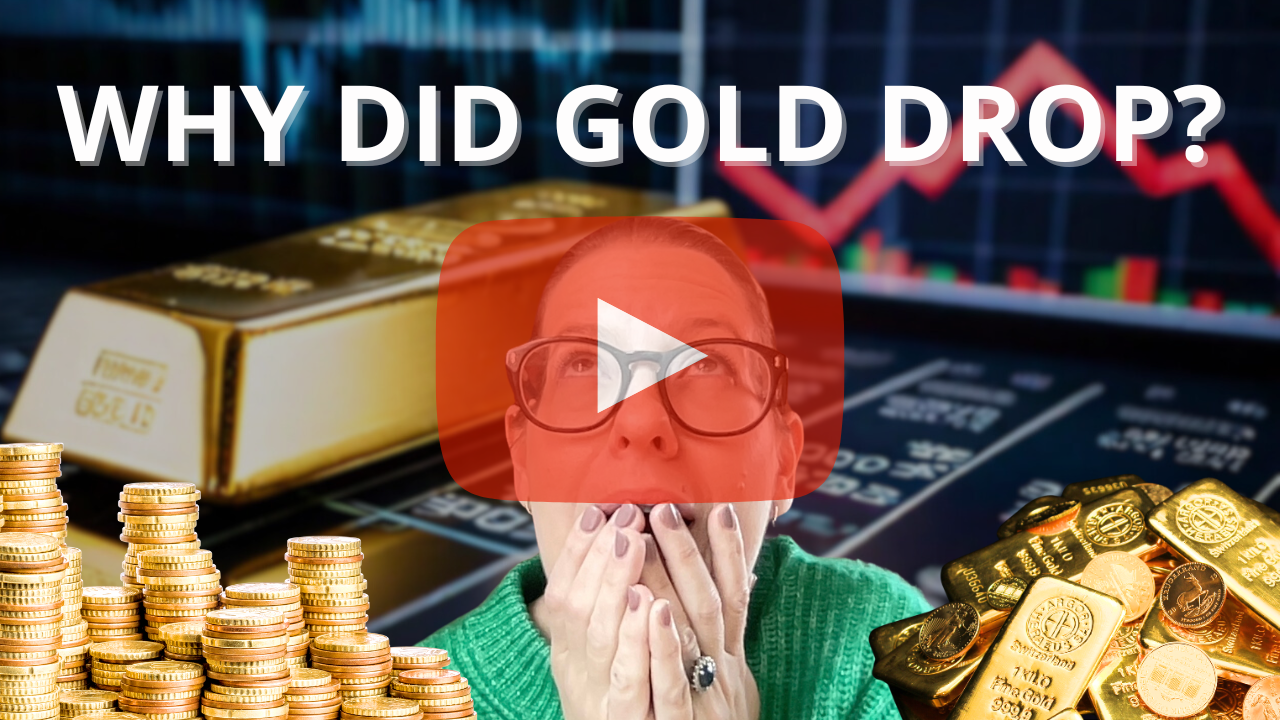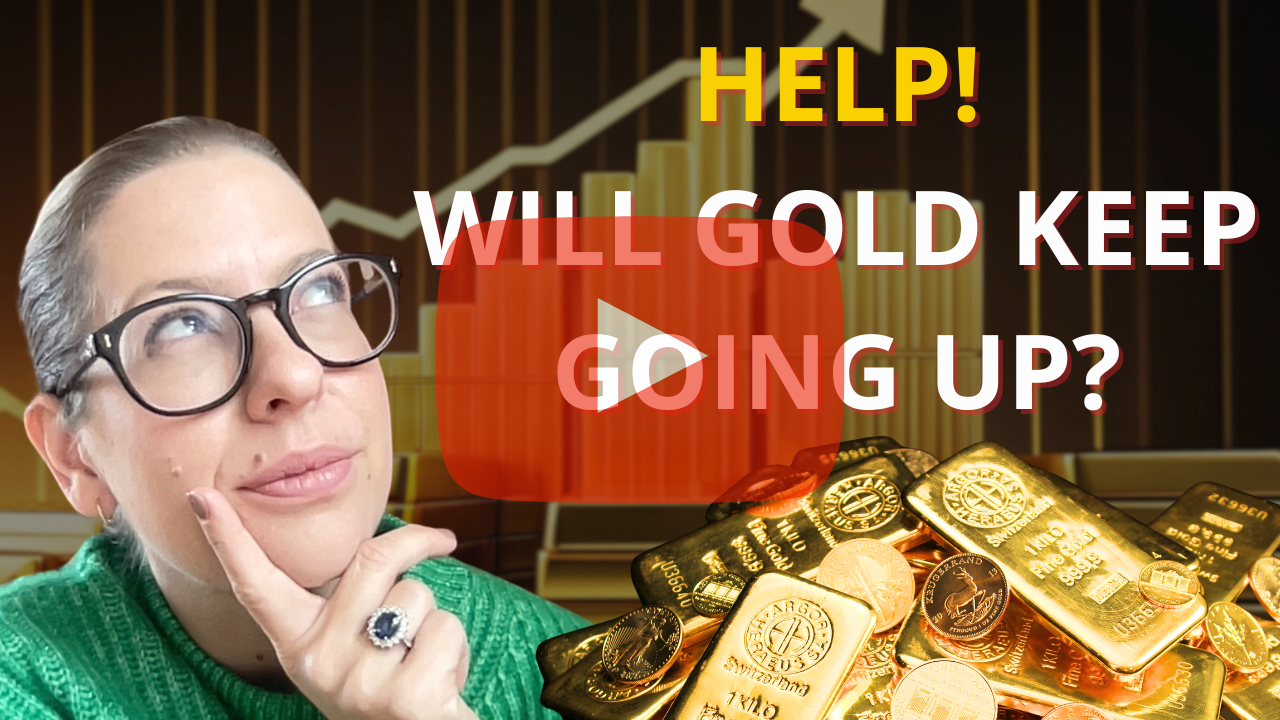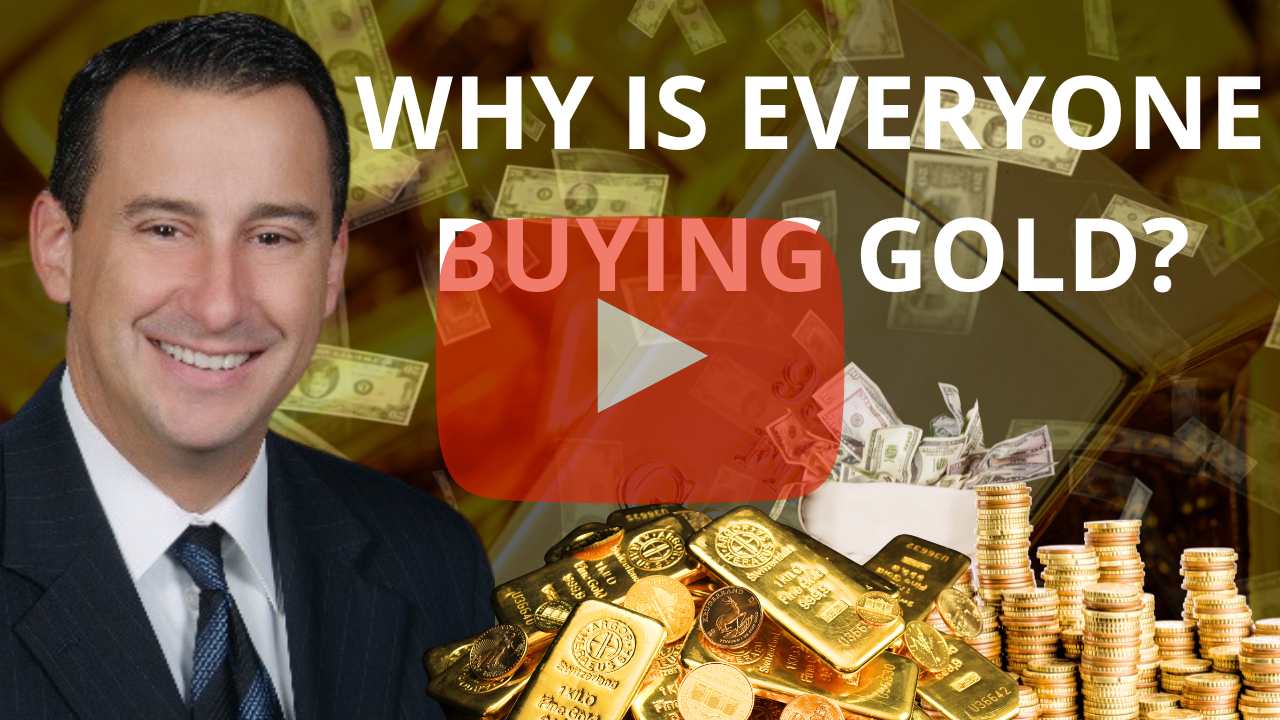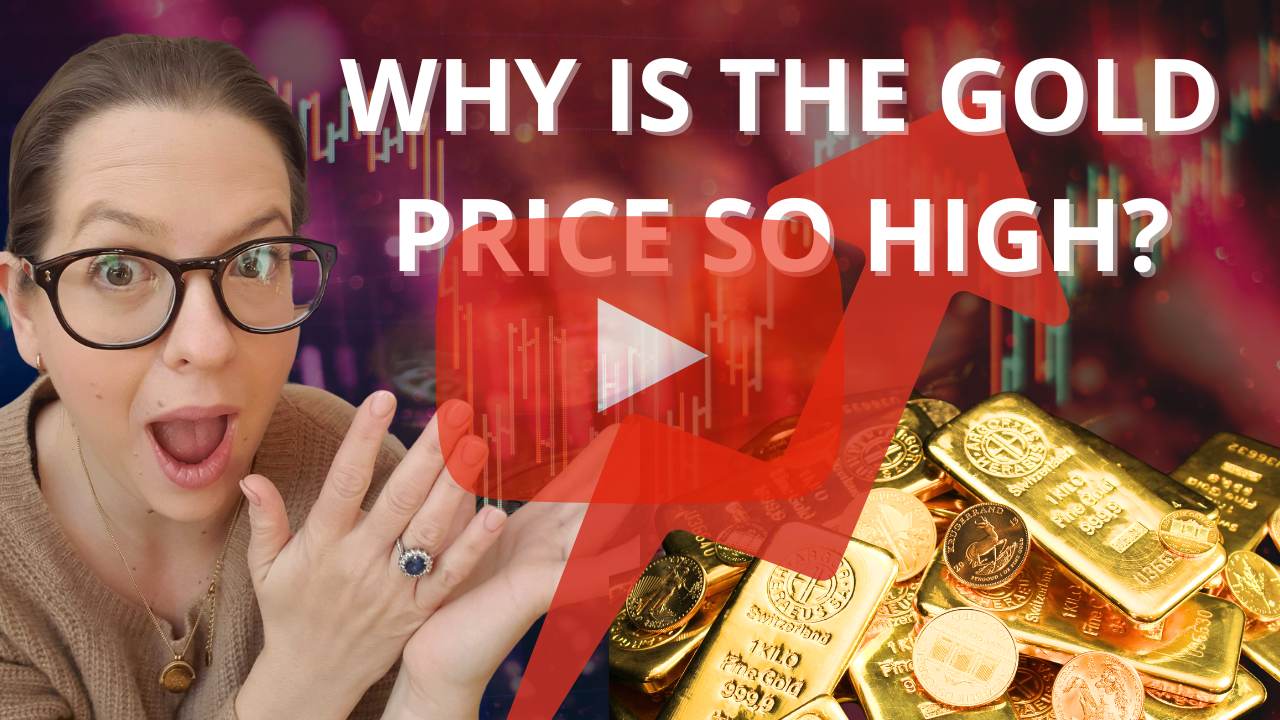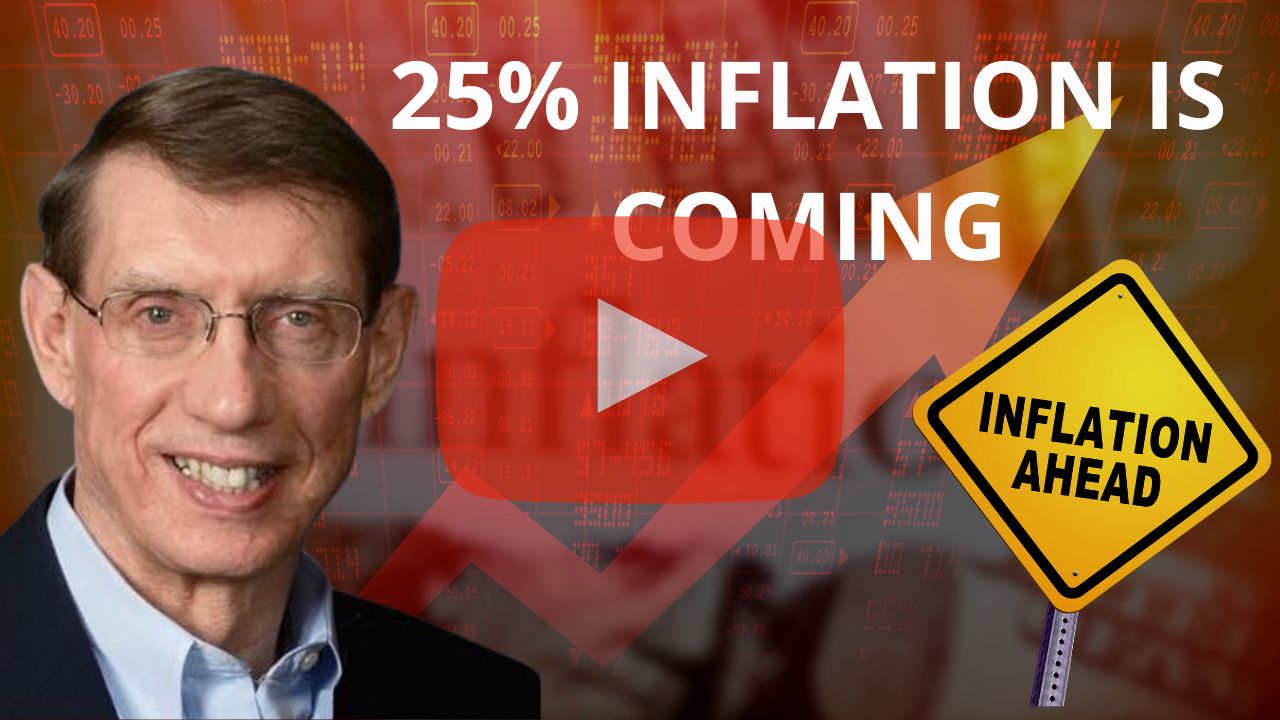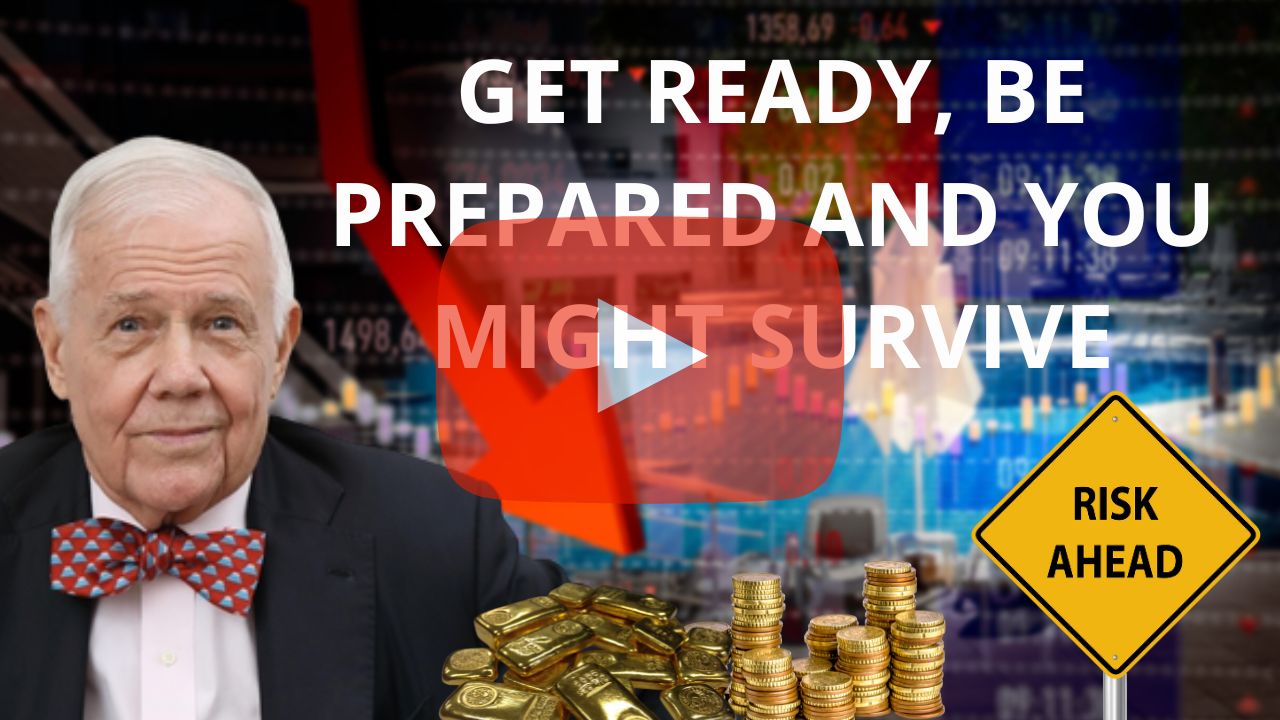Blog
GoldCore TV
Latest articles
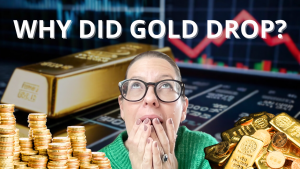
Gold Price Just Dropped! What Happened? (2024 Update)
The gold price recently experienced its most significant intraday loss in nearly two years, prompting questions about its trajectory and its status as an investment. In this video, we delve into the reasons behind the drop and whether gold remains a viable investment option. Despite the recent pullback, we maintain our bullish outlook on gold. […]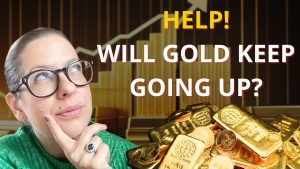
Will Gold Prices Keep Rising in 2024?
Yesterday the gold price had a bad day, falling by more than 2%. Is this indicative of things to come? We don’t think so. Whilst we may well see some additional pullback, we don’t expect this to be the end of the gold price rally. Currently, gold is stuck between a rock and a hard […]